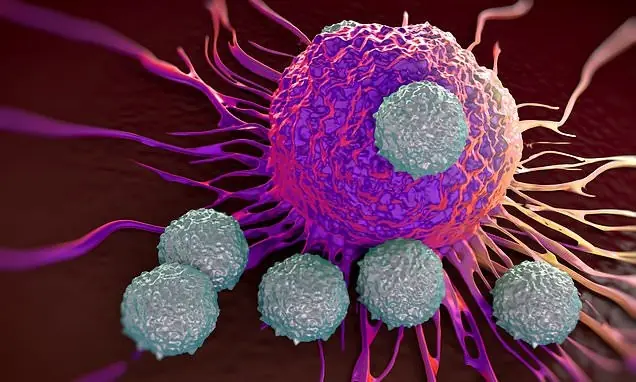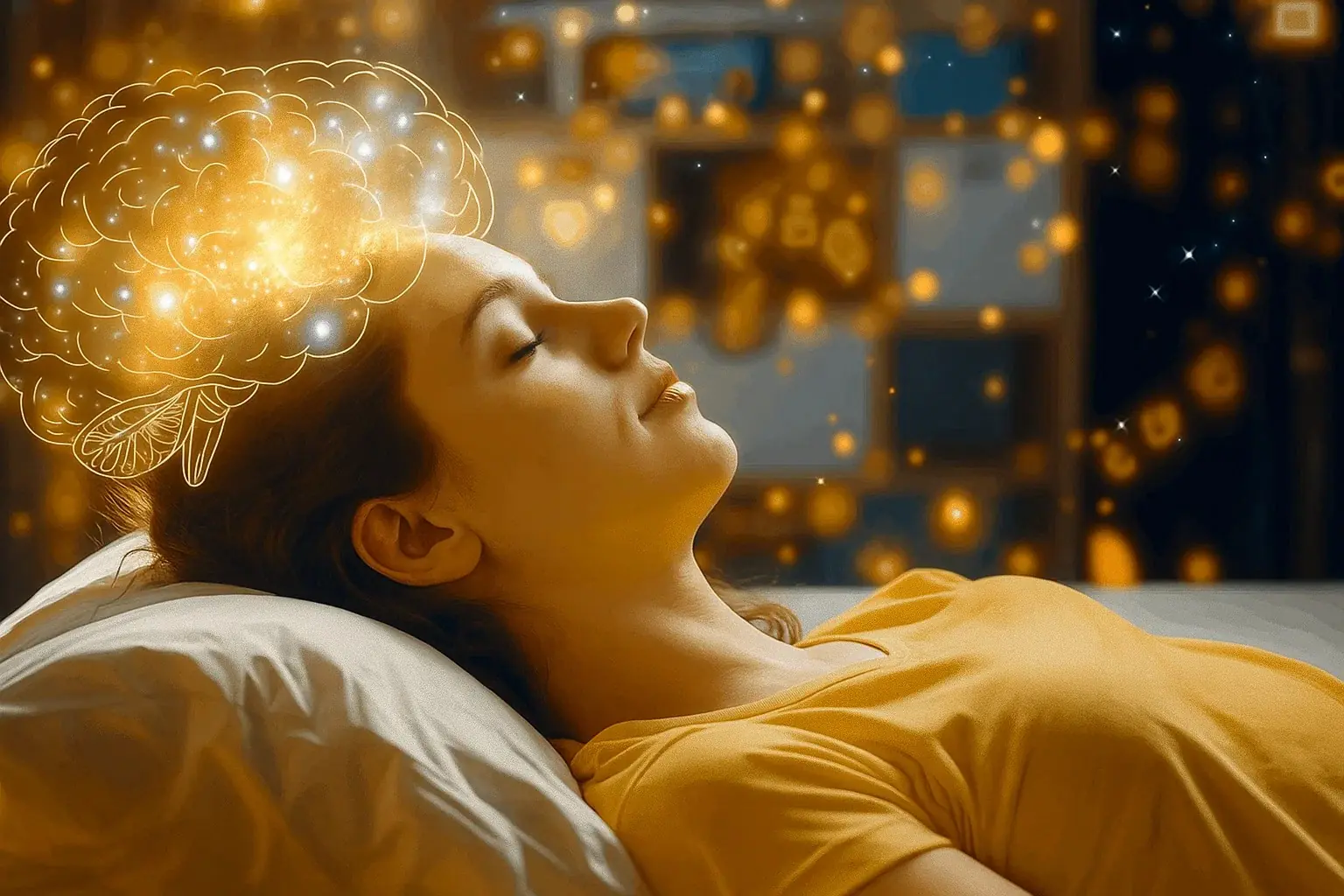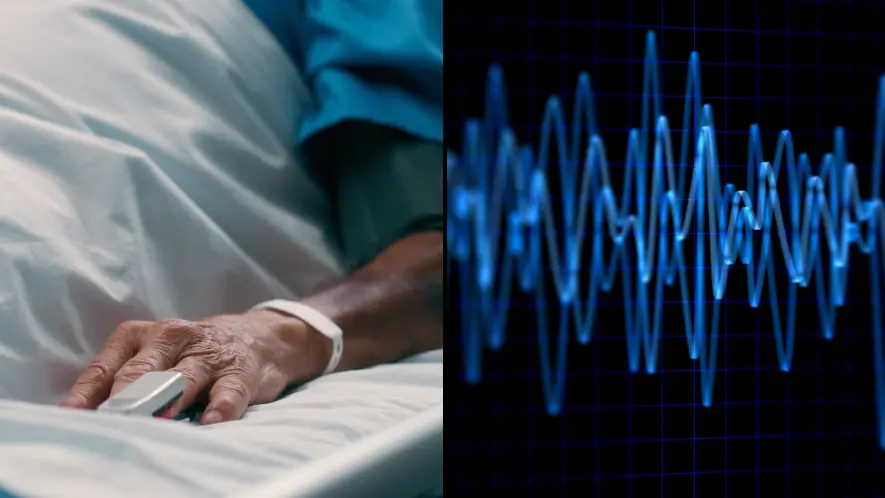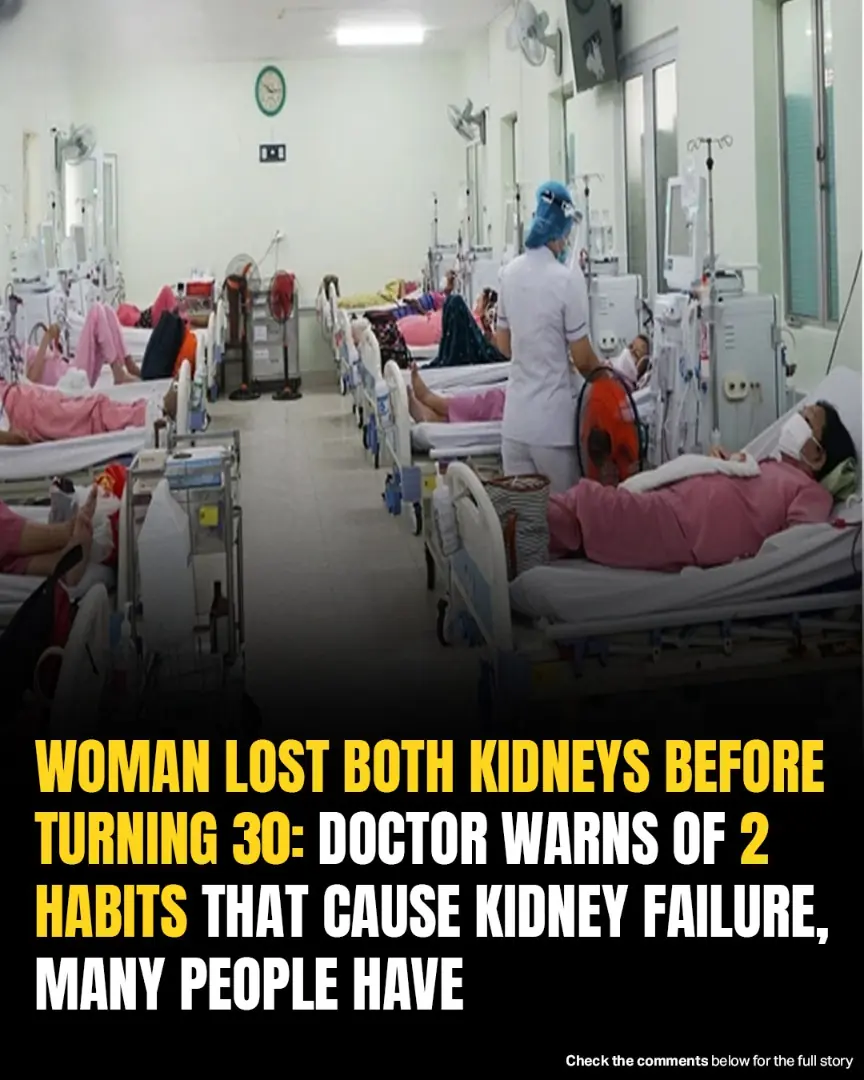Man Reveals Terrifying Toll After 11 Days Without Sleep: The Randy Gardner Story
A man has recounted the harrowing consequences that a staggering 264-hour period of wakefulness had on his body and mind.
In 1963, 17-year-old Randy Gardner and two friends embarked on an unprecedented challenge: to stay awake for an astonishing 264 hours, just under 11 days. Their goal was to win first place at their local annual San Diego science fair, hoping to break the world record and study the effects of prolonged sleep deprivation on the human brain.
However, within days, the experiment began to yield alarming results. One of the participants has now disclosed the true events of this record-breaking feat, which was later deemed so risky that Guinness World Records no longer monitors such attempts.

The Experiment Begins
"For years and years I’ve just hibernated,” admitted Mr. Gardner, now 67, in a video posted to the Guinness World Records YouTube channel. “I don’t know why I agreed to talk.”
In late December 1963, Mr. Gardner enlisted Joe Marciano Jr. and Bruce McAllister to help him stay awake. A coin toss determined that Mr. Gardner would be the subject of the experiment.
Deterioration Sets In
After just 72 hours without sleep, Mr. Gardner began experiencing short-term memory loss, attention problems, mood swings, psychosis, and hallucinations.
“About the fourth or fifth day, I was like—are you kidding me, this is hard,” Mr. Gardner recalled. “By then it had gotten out to the newspapers and the wire services picked it up and it was too late, I couldn’t back out.” He committed to seeing the 11-day challenge through.
Dr. William Dement, a renowned sleep researcher from Stanford University, learned about the experiment from the news and decided to join the boys for the final three days. Dr. Dement, later dubbed "Dr. Sleep" and recognized as a pioneer of sleep science, meticulously monitored Mr. Gardner’s condition, conducting research on his physical and mental health. He even challenged the sleep-deprived 17-year-old to games of pinball and drove him around in a convertible with the radio blaring to keep him stimulated. Remarkably, despite ten days without sleep, Mr. Gardner still managed to win the pinball match.
“We did everything. We walked the beaches at all hours. We visited the county jail at three in the morning,” Mr. Gardner stated. “You name it, we did it.” Throughout the challenge, his only aids were Coca-Cola, loud music, and hot and cold showers. His classmates, Mr. McCallister and Mr. Marciano, also administered a series of 20 exams every six hours to assess his mental state.

The Grueling Climax and Recovery
By the experiment's end, Mr. Gardner was suffering from hallucinations, slurred speech, and significant memory loss. He also experienced difficulties with coordination.
Nevertheless, the teenager prevailed, officially surpassing the previous record of 260 hours of sleeplessness set by Honolulu DJ Tom Rounds in 1959. Randy Gardner remained awake for a total of eleven days and twenty-five minutes.
Following his record-breaking feat, Mr. Gardner slept for 14 hours and 45 minutes at the Naval Hospital in San Diego, under the watchful eyes of Dr. Dement and his team, who monitored his blood pressure, heart rate, temperature, muscular activity, and brain waves. Despite the startlingly long period without sleep, the teenager was deemed well and quickly returned to a regular sleep routine.
The Guinness World Records continued to log such attempts until 1997, when they ceased for safety reasons. The record was later reportedly held by Robert McDonald, who remained awake for 18 days and 21 hours (453 hours and 40 minutes).
Long-Term Consequences of Sleep Deprivation
In the years since the experiment, Mr. Gardner claims to have endured decades of excruciating sleeplessness, which he attributes to his prolonged sleep deprivation as a teenager.
Experts have long warned about the severe health issues linked to inadequate sleep, including cancer, stroke, and infertility. While nighttime awakenings aren't always caused by insomnia (which affects up to 14 million Britons), a general lack of sleep carries significant consequences. These range from short-term effects like irritability and diminished focus to a higher risk of serious conditions such as diabetes, heart disease, and obesity.
According to the American Sleep Association, nearly 70 million Americans suffer from a sleep disorder. Mr. Gardner's experience serves as a stark reminder of the profound and potentially lasting toll that extreme sleep deprivation can take on the human body and mind.





























